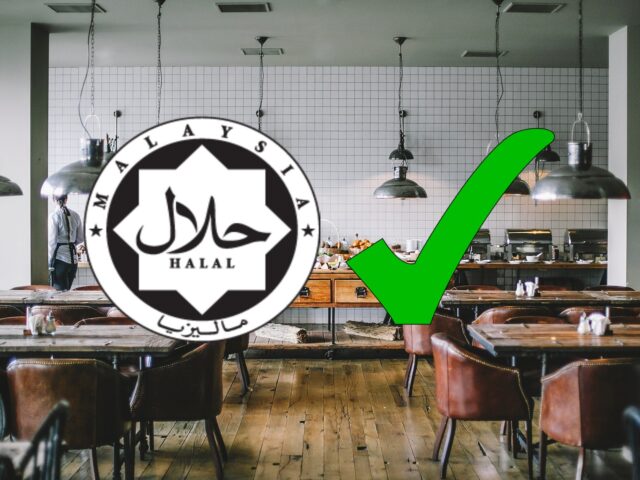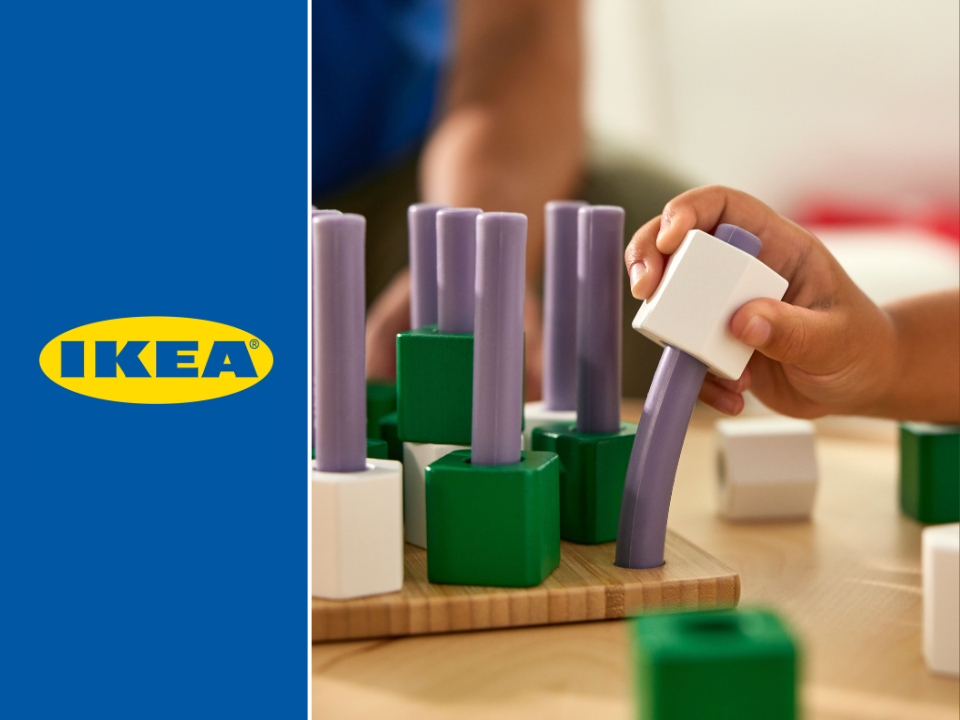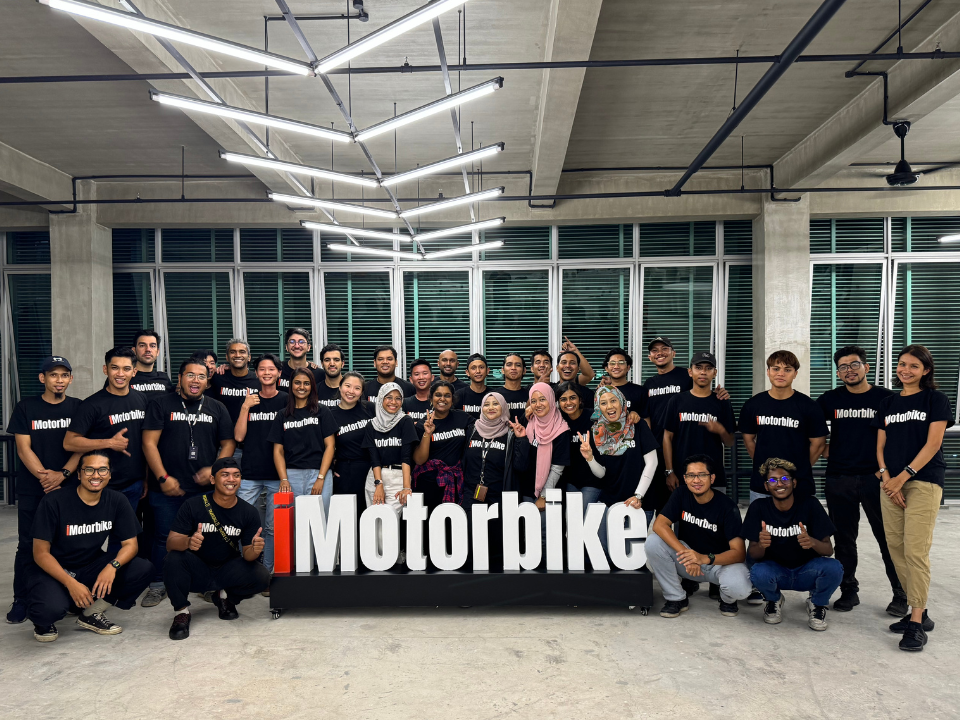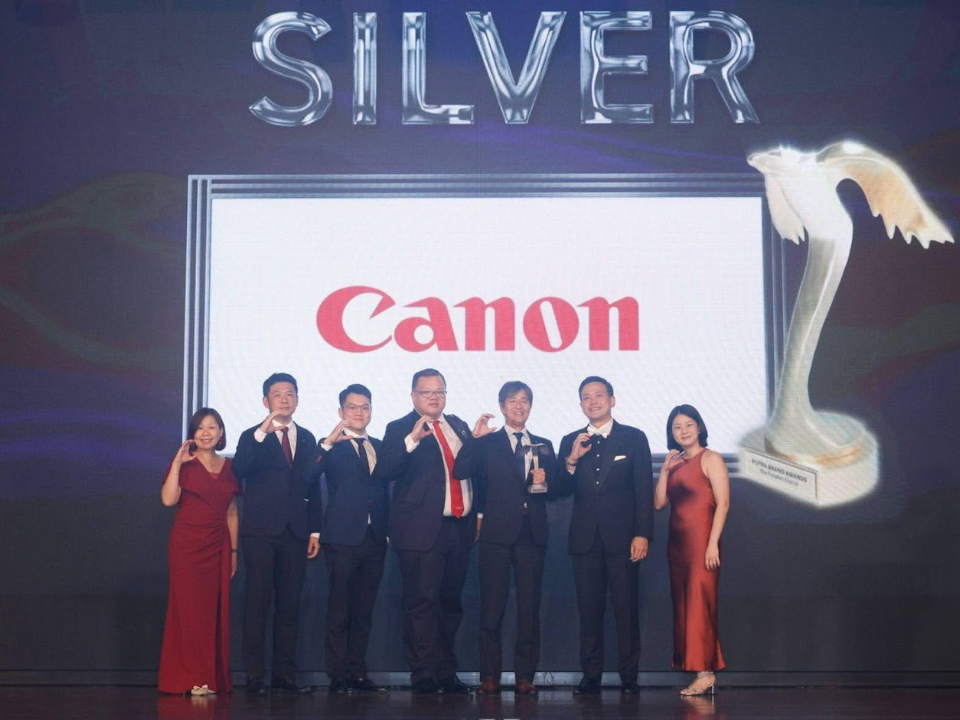Starting a Halal Certified business is a wise decision to make in Malaysia as the Muslim community makes up the majority of the population in the country. Tapping into the Halal market in Malaysia benefits a business to gain the largest customer base possible because it allows every possible demographic to try your products. Here’s how to register a halal certificate in Malaysia if you are ready to start a Halal-certified business. It’s simple and easy!
All you need to know about Halal Certification in Malaysia:
Who can get halal certificate in Malaysia?
Before you register for the certificate, it is important to check the eligibility of your business first. The following is a list of categories that are eligible and ineligible to apply for a Halal Certification:
✅ Types of industry in Malaysia that can apply for a Halal certification:
- Restaurants
- Consumer goods
- Pharmaceuticals
- Cosmetics
- Personal care
- Slaughterhouses
- Logistics
✅ Eligible Applicants:
- Manufacturer/ producer of products
- Distributor/ trader
- Sub-contract manufacturer
- Repacking
- Food premise
- Slaughterhouse/abattoir
❌ Ineligible Applicants:
- Produce and distribute halal and non-halal products
- Products that are not halal
- Natural material that does not involve any processing
- Medicines or products categorized as pharmaceutical products by the Ministry of Health Malaysia
- Hair colour/hair dye
- Finished processed products issued abroad
- Fertilizers and animal feed
❌Home-made products are not eligible to apply for Halal Certificate
If you are doing your business at home, you are unable to apply for the certificate. This is because there are other household use kitchen items that may be mixed with ingredients for the production of your products.
Can non-Muslims apply for a halal certificate?
According to the Al-Barakah website, Malaysian Halal certification does not look at company owners whether they are Muslim or not. All applicants are welcome as long as they meet the requirements for Malaysian halal certification application as stated in MS1500: 2019 & Malaysian Halal Certification Application Manual (MPPHM Domestic 2020).
How much does halal certification cost in Malaysia?
Industry fee for a period of 2 years
- Small Industry – RM200
Annual sales value less than RM 500.00. 00 and workers less than 50 people.
- Small & Simple Industry – RM800
Annual sales value of RM 500,000 to RM 25 million.
- Multi-National Industry – RM1,400
Annual sales value exceeds RM 25 million, has a network in several countries and employees more than 150 people.
Slaughterhouse fee according to the size of the premises for a period of 2 years
Small Premises – RM200
- Chicken (and or similar): < 2000
- Goat (and or similar): < 500
- Ox (and or similar): < 50
Medium Premises – RM800
- Chicken (and or similar): 2000- 3000
- Goat (and or similar): 500 -700
- Ox (and or similar): 50- 100
Large Premises – RM1,400
- Chicken (and or similar): >3000
- Goat (and or similar): > 700
- Ox (and or similar): > 100
Food premises/restaurant/hotel Kitchen/food serving fee for a period of 2 years
- Food Premises / Restaurant / Hotel Kitchen / Food Serving – RM 200 per unit / branch
How to apply for the halal certificate in Malaysia?
To apply, there are a few types of forms available and applicants must fill in the appropriate form according to their business. The forms include:
- Products / Used Goods
- Food premise
- Slaughterhouse
The application form must be completed online by submitting the details as required in the form and enclosing the relevant certificates, as follows:
- Company profile
- Product/menu name and description for verification
- Ingredients used
- Name and address of the manufacturer/supplier of the ingredient
- Halal status of ingredients together with the halal certificate or product specifications for critical ingredients (if applicable)
- Type of packaging material
- Production processes and procedures
- Other documents such as HACCP, ISO, GHP, GMP, TQM and so on (If any)
- Premises / factory location
The applicant must also prepare a special file “Halal Certification” to store the relevant documents and can be referred to when the inspection is carried out on the premises.
You may download the Food Premises Halal Certificate Application Form here and apply online through this link. The application will then be accepted by the MYeHALAL system if you meet all the requirements.
Documents to prepare
After that, applicants may need to submit the following supporting documents to JAKIM (Department of Islamic Development Malaysia ) for review:
- A copy of business registration by the Companies Commission of Malaysia.
- A copy of the business license.
- Copy of OEM certificates (if any).
- Copy of Employment contract and valid identification of a Muslim Executive.
- A copy of the Employment contract and proper identification of two Malaysian Muslim workers (working full-time at processing section).
- Approval for sources of imported raw animal meat from the Department of Veterinary (if any).
- Production flow chart.
Then, JAKIM will issue a fee letter, which includes the applicants who need to pay for the Malaysian Halal certification. Up next will be the on-site review and if everything goes well, you will officially get your Halal certificate and use it for your business.
The Halal certification process isn’t that difficult. As long as you fit all the requirement, go ahead and get your business certified to welcome all locals to your premise.










